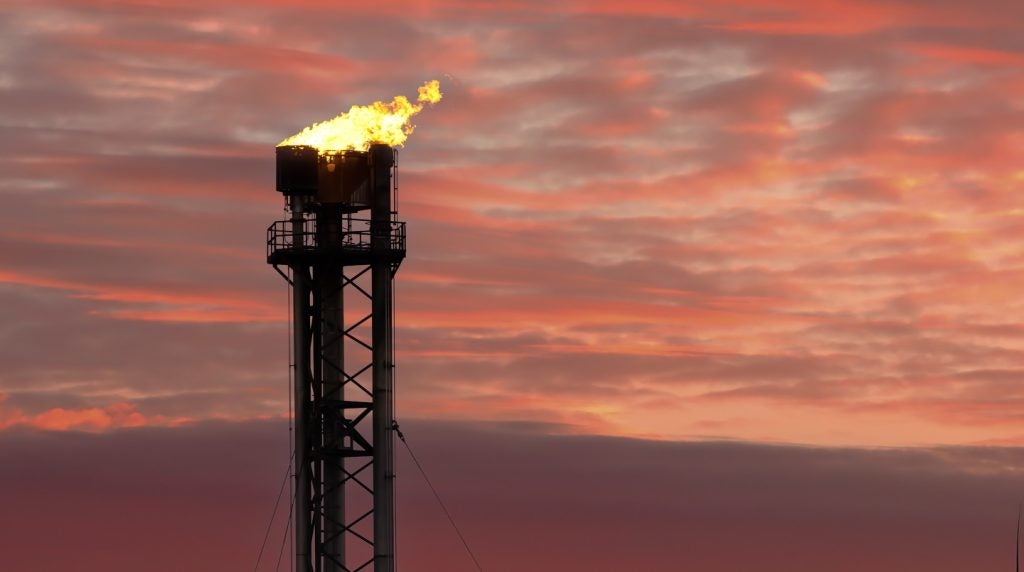EnLink Midstream has collaborated with ExxonMobil to explore additional CCS opportunities along the Gulf Coast.
The initiative aims to extend beyond the south-east Louisiana Mississippi River Corridor and into several other areas, addressing one of the highest concentrations of industrial CO₂ emissions in the US.
ExxonMobil Low Carbon Solutions president Dan Ammann said: “We have worked closely on CCS transportation solutions since our initial agreement in 2022 and look forward to continuing our collaboration with EnLink to help reduce carbon emissions across the Gulf Coast.”
The Gulf Coast is home to one of the nation's densest clusters of industrial CO₂ emissions.
Presently, this region generates more than 215 million tonnes per year (mtpa) of CO₂, primarily centred around the Houston Ship Channel, the Mississippi River Corridor, Lake Charles and south-west Louisiana, and the Port Arthur and Beaumont areas of Texas, according to US Environmental Protection Agency findings.
ExxonMobil, which acquired US-based carbon solutions provider Denbury in November 2023, is assessing the most competitive CCS solutions across the Gulf Coast.
Denbury is focused on the development of enhanced oil recovery and carbon capture, utilisation and storage (CCUS) operations in the Rocky Mountain and Gulf Coast regions.
EnLink and ExxonMobil will also re-evaluate the near-term role of the Pecan Island Area project, with the anticipation that other joint ventures may take precedence.
EnLink CEO Jesse Arenivas said: “EnLink and ExxonMobil are actively pursuing opportunities to develop safe, reliable and cost-efficient CCS solutions.
“EnLink brings to the table decades of expertise building, owning and operating midstream assets with a customer-focused mindset, which gives ExxonMobil greater flexibility and more options to meet the needs of industrial CO₂ emitters.”









